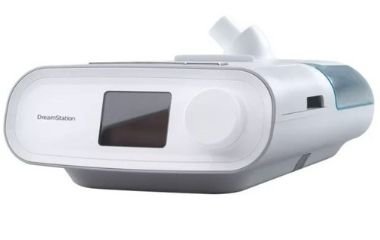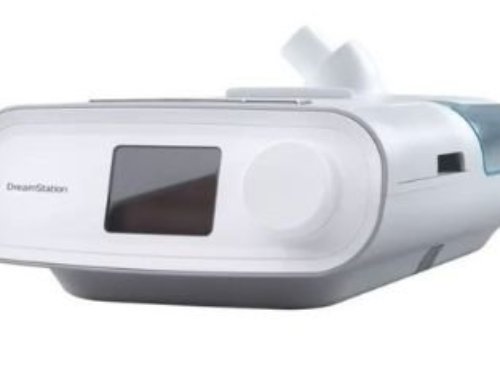On Nov. 12, the Food and Drug Administration issued a news release with updated findings related to the June recall of certain Philips Respironics ventilators and positive airway pressure machines due to potential health risks related to polyester-based polyurethane sound abatement foam used in the devices.
The new information is contained in a 29-page inspection closeout report that provides detailed findings from recent FDA inspections of a Philips manufacturing facility. These inspections were conducted from Aug. 26 to Nov. 9.
Silicone-Based Replacement Foam
The report includes new information about the silicone-based foam that Philips is using to repair and replace devices affected by the recall. During the inspection, the FDA obtained information indicating a similar device that uses this foam —marketed outside the U.S. — failed one safety test for the release of certain volatile organic compounds. (A new FAQ response posted by Philips indicates that the testing involved an A-Series PAP device. Philips also indicates that other VOC testing of the device demonstrated acceptable results.) The FDA notes that VOC testing reports provided by Philips to the FDA on devices authorized for marketing in the U.S. demonstrated acceptable results. (Philips reports that this testing was related to the DreamStation 2 device.)
Based on this new information, the FDA has asked Philips to retain an independent laboratory to perform additional testing. A statement issued by Philips on Nov. 14 indicates that the company “will submit its response to the inspectional findings for review by the FDA.”
FDA Guidance for Patient Care
The FDA news release states, “At this time, the agency does not have sufficient information to conclude whether the silicone-based foam being used in the repaired devices poses any risk to patients in the U.S.” The FDA states that it does not recommend that patients stop using a PAP device that has been repaired or replaced by Philips. According to the FDA, discontinuing treatment may be more harmful to a patient.
The FDA continues to advise patients to talk to their health care provider to discuss questions or concerns about their treatment plan. On Nov. 12, the FDA also updated its frequently asked questions about the Philips recall with information obtained during the 2021 inspection.
Philips Repair and Replacement Program
Philips states that it expects the new FDA report will not result in a delay of its repair and replacement process. The company’s Q3 2021 report, dated Oct. 18, indicates that Philips has produced approximately 750,000 repair kits and replacement devices, and more than 250,000 of them have reached customers.
Read the AASM guidance in response to Philips recall of PAP devices.









